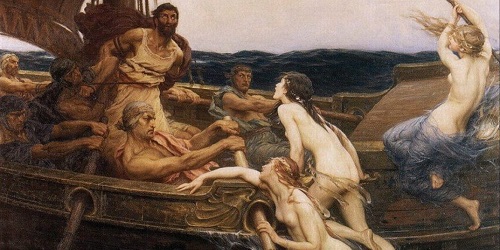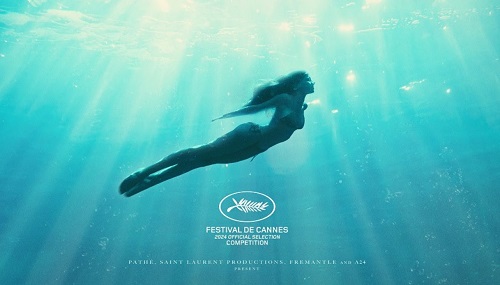Parthenope, Coming of Age in Napoli
TORONTO – Italian and Neapolitan Author Luciano De Crescenzo once said that his concept of Naples is “not so much of a city, per se, but rather an ingredient of the human spirit that I detect in everyone, Neapolitan or not”. But other than trying to untie the Gordian knot or shooting an arrow through the handles of twelve axes, I can think of no task more hopeless than trying to define the Neapolitan spirit. This of course didn’t stop Italian Director Paolo Sorrentino from giving it a shot with his latest film Parthenope – which he says is a film about “missed youth”.
Back in May [at the Cannes Film Festival], Sorrentino’s tenth film Parthenope prompted a 48-hour bidding war for its European and North American distribution rights – which were eventually secured by Italy’s PiperFilm, France’s Pathé and A24, the Manhattan based distribution giant. Nominated for this year’s Palm D’Or, Parthenope was just recently released in Italy on October 24th and has since raked in over $7 million at the local box office – in just four weeks. A personal best for the Director in terms of Italian returns.
The titular character Parthenope, born in the sea of Naples in 1950, searches for happiness over the long summers of her youth, falling in love with her home city and its many memorable characters – as per the official synopsis. The trailer’s titillating images however, just posted online by A24, reveal beyond a shadow of a doubt what audiences can expect when the film hits theatres next year on Feb 7th. In short: A woman causes disruption with her beauty.
The relatively unknown and upstart actress Celeste Dalla Porta carries the film as the young enchantress or as Sorrentino might prefer that she’s called, the story’s Siren. The film’s marketing suggests a mythical or fantastical slant to her character, although in all probability Sorrentino has kept her true nature ambiguous. The film not only takes its title from the lead character but is also borrowed from the mythology of the founding of Naples.
For those unfamiliar with the tales of Ulysses, he was the King of Ithaca whose homeward journey [from Troy] was fraught with death defying obstacles – mostly instigated by Poseidon who’d been angered over the blinding of his son Polyphemus (the Cyclops). Along the way, beautiful sea-nymphs or Sirens who lured men with spellbinding songs tempted Ulysses and his men. One such Siren was named Parthenope, whose singing fell flat on the impenetrable King. The rejection and her failure to seduce Ulysses caused irreparable pain, and her eventual suicide. The waves carried her body to the Gulf of Naples on a small Island. As her body dissolved, it took the shape of the city of Naples.
Thus supposedly born from the passion of love and loss, Naples remains bittersweet, knotted and entangled by its aesthetic beauty and crumbling walls, a city that itself embodies the Siren’s call. That secret “ingredient of the human spirit”, which captured De Crescenzo is perhaps Sorrentino’s to reveal, through Parthenope: a modern interpretation of the Greek myth.
Pathenope Poster courtesy of Pathe and A24 films
Massimo Volpe is a filmmaker and freelance writer from Toronto: he writes reviews of Italian films/content on Netflix





